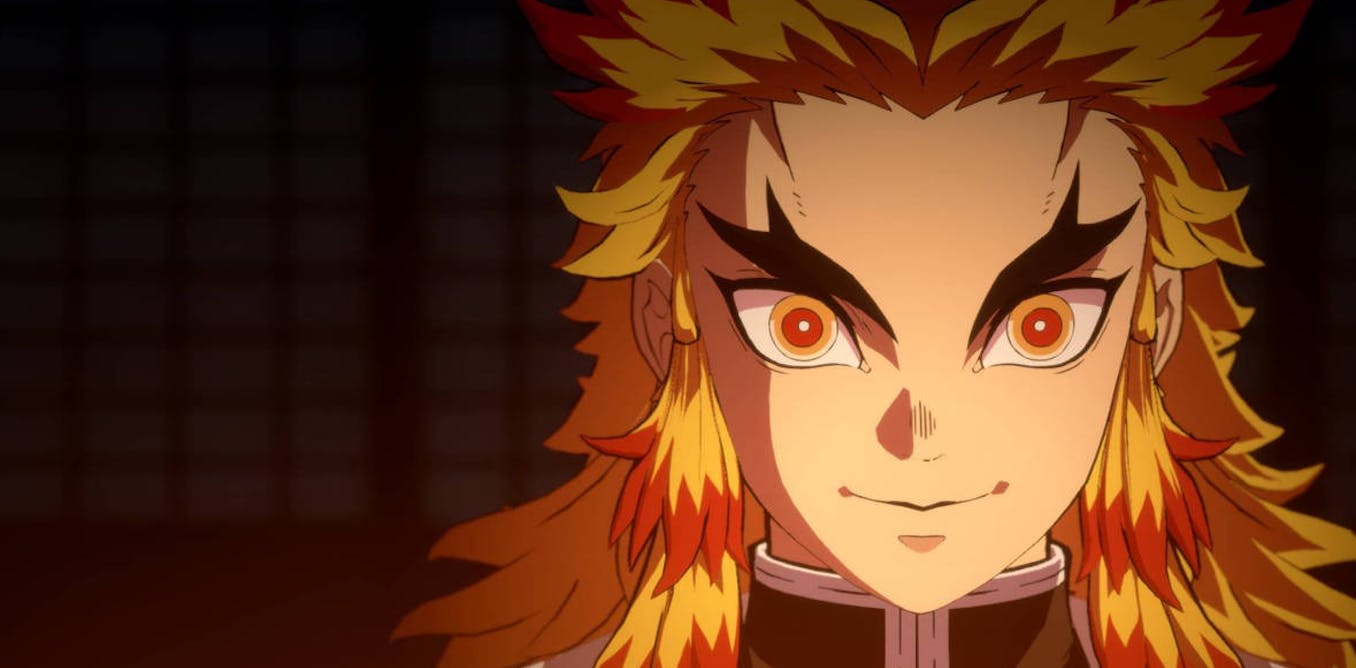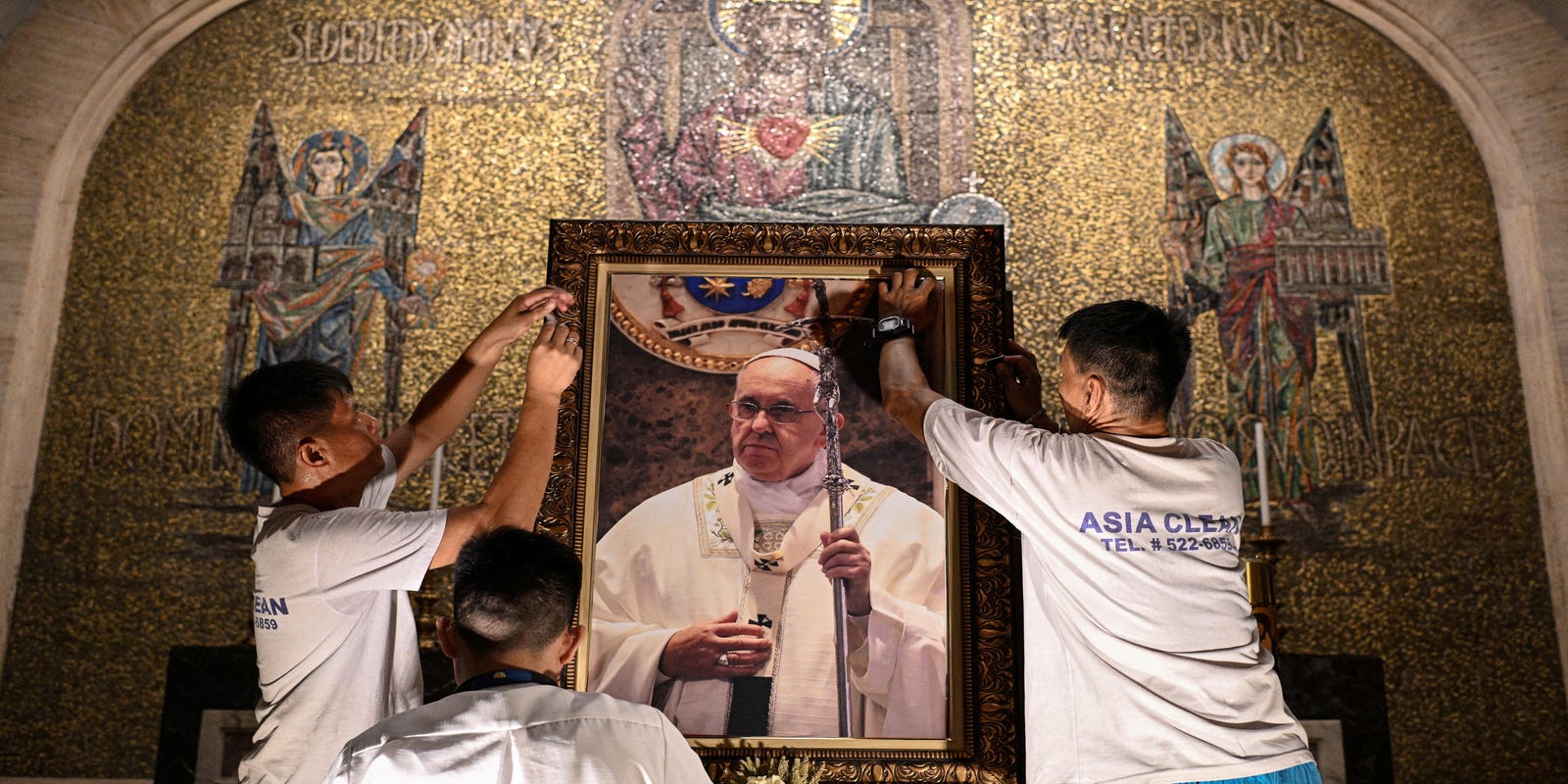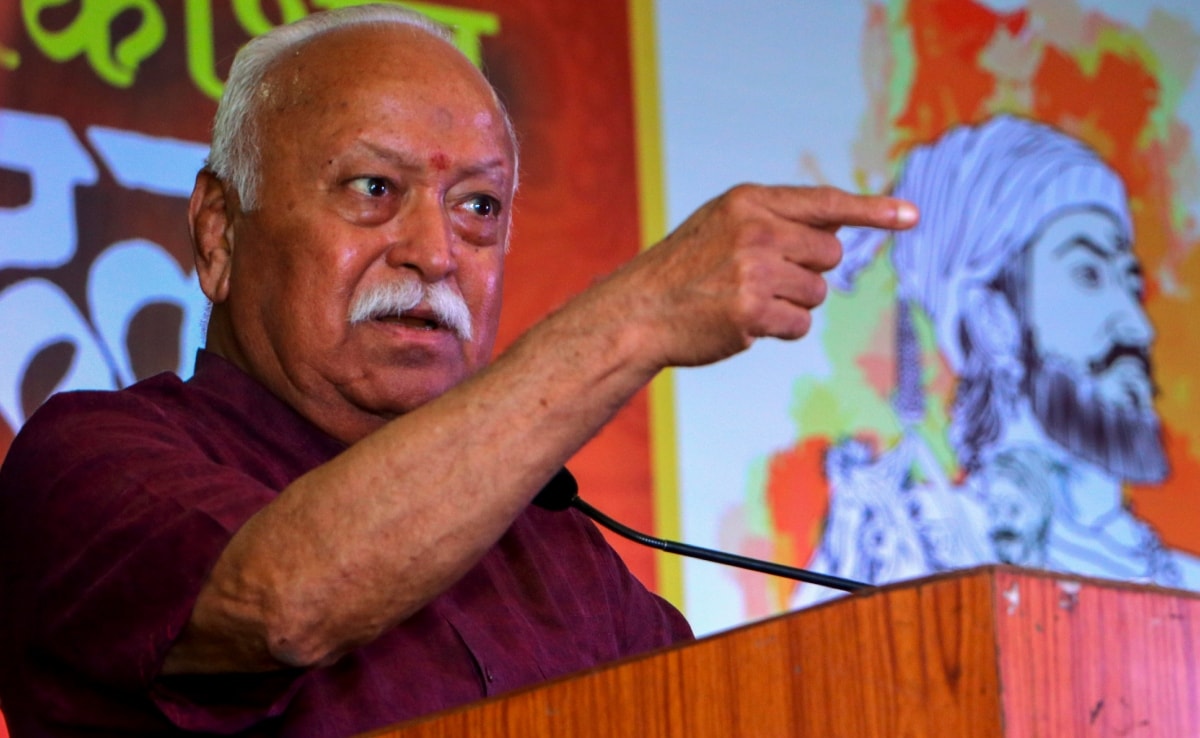Soul, Sacrifice, and Spirits: How Anime Transforms Ancient Myths into Modern Storytelling
Religion
2025-03-24 12:47:59Content

In the mesmerizing world of "Demon Slayer: Mugen Train," a profound narrative unfolds that transcends typical anime storytelling, weaving together deep philosophical threads from Japanese spiritual traditions. The film masterfully explores the intricate dance between Buddhist concepts of impermanence, Shinto reverence for life's transient nature, and the timeless samurai code of honor and resilience.
At its core, the story delves into the human experience of suffering and courage, presenting characters who embody the delicate balance between vulnerability and strength. Through the journey of Tanjiro and his companions, viewers are invited to contemplate the profound ways individuals confront pain, loss, and personal transformation.
The narrative brilliantly illustrates how spiritual philosophies can provide a framework for understanding life's most challenging moments. Buddhist teachings of impermanence are beautifully reflected in the characters' struggles, reminding audiences that change is the only constant, and true courage lies in accepting life's unpredictable nature.
Shinto elements emerge through the film's deep respect for spiritual connections and the interconnectedness of human experiences. The samurai ethical code further enriches the story, emphasizing honor, self-discipline, and the noble pursuit of protecting others, even in the face of overwhelming adversity.
"Mugen Train" is more than an animated adventure; it's a nuanced exploration of human resilience, spiritual growth, and the transformative power of compassion. By blending these rich philosophical traditions, the film offers a compelling meditation on how we can find meaning and strength in life's most challenging journeys.
Spiritual Odyssey: Unraveling the Philosophical Depths of Demon Slayer's Mugen Train
In the intricate landscape of contemporary anime storytelling, few narratives have managed to weave complex philosophical threads as masterfully as "Demon Slayer: Mugen Train". This cinematic journey transcends traditional storytelling, offering viewers a profound exploration of existential themes that resonate deeply with Japanese spiritual traditions and universal human experiences of suffering, transformation, and resilience.Where Mythology Meets Modern Storytelling: A Transformative Narrative Experience
The Intersection of Buddhist Philosophy and Narrative Complexity
Buddhist philosophy permeates the narrative fabric of Mugen Train, presenting a nuanced examination of impermanence and human consciousness. The film's protagonist navigates a metaphysical landscape where reality blends seamlessly with spiritual symbolism, challenging viewers to contemplate the transient nature of existence. Through intricate character development, the narrative explores how individual suffering becomes a pathway to profound spiritual understanding. The characters' journeys mirror the Buddhist concept of "dukkha" - the inherent unsatisfactoriness of human experience. Each character's struggle represents a microcosm of larger existential challenges, transforming personal pain into a universal meditation on resilience and spiritual growth.Shinto Spiritual Elements and Metaphysical Exploration
Shinto's animistic worldview emerges subtly yet powerfully within the narrative framework. The supernatural elements are not merely plot devices but profound representations of spiritual interconnectedness. Demons become metaphorical manifestations of human psychological complexities, blurring boundaries between physical and metaphysical realms. The film's supernatural landscape reflects traditional Japanese spiritual understanding, where spirits and humans coexist in a delicate, dynamic ecosystem. This approach transcends typical Western supernatural narratives, offering a more holistic, interconnected perspective on existence and consciousness.Samurai Ethics in Contemporary Storytelling
Traditional samurai ethics of honor, sacrifice, and personal discipline are reimagined through a modern lens in Mugen Train. The protagonist embodies the classical bushido code while simultaneously challenging and reinterpreting its historical constraints. This dynamic representation demonstrates how ancient philosophical principles can remain relevant in contemporary storytelling. The narrative explores courage not as a simplistic display of physical prowess, but as a complex emotional and spiritual journey. Characters' internal struggles become as significant as their external battles, presenting a multidimensional understanding of heroism that extends beyond physical confrontation.Psychological Transformation and Spiritual Awakening
Mugen Train masterfully illustrates psychological transformation as a spiritual process. Characters' internal journeys become metaphorical representations of broader human experiences of growth, pain, and redemption. The train itself serves as a powerful metaphor for life's transitional spaces - a liminal zone where personal transformation occurs. Psychological barriers are dismantled through confrontation with supernatural challenges, suggesting that true spiritual growth emerges from facing one's deepest fears and limitations. This approach provides a sophisticated exploration of personal development that transcends traditional narrative structures.Narrative Complexity and Philosophical Depth
The film's narrative architecture represents a sophisticated blend of mythological storytelling and contemporary philosophical inquiry. By interweaving complex spiritual concepts with compelling character arcs, Mugen Train achieves a rare narrative complexity that engages both intellectual and emotional dimensions of human experience. Each narrative layer reveals deeper philosophical insights, inviting viewers to engage with the story not merely as entertainment but as a profound meditation on human existence, suffering, and potential for transformation.RELATED NEWS
Religion

Faith in the Green Mountain State: Unveiling Vermont's Religious Landscape
2025-04-21 18:58:10







